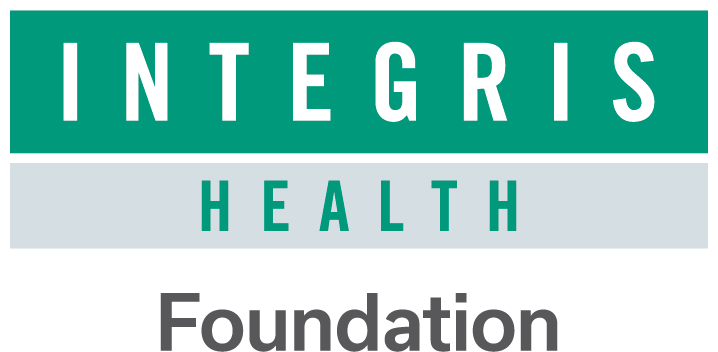Becky’s Story: Caring for our Community
Becky sat in the ER, exhausted and alone.
In the past year, she was admitted to the hospital four times and spent 17 days in a hospital bed. She visited the ER three separate times. Becky needed more help than just a hospital visit every few months. She needed the Community Care Coordination Team.
The first time Becky visited Care Coordination she was unsure of what to think of this team of specially trained nurses and community health workers. Were they really there just to help her?
Becky had been hospitalized several times for various lung and heart problems. She had a stroke, was severely malnourished and was “couch homeless” – relying on friends or family for a place to sleep when she could. Because she relied on supplemental oxygen for breathing, no shelters would take her in.
At her first visit to Care Coordination, Becky brought a bag full of medications. The team assessed her situation, noted what each medication was for and determined which were the most important to take. They filled two weeks worth of pill planners for her, helped her schedule cardiology and pulmonary appointments, and made sure she could get her oxygen tanks refilled.
““Honestly, we couldn’t offer the care and have the impact we do without the ability to purchase medical equipment, medications, transportation, labs…it just couldn’t happen. We are so blessed to be able to offer the care that we do. What a gift to not only our patients but to us as well.””
Christina Stuart, an advanced practice nurse on the team, shared, “When Becky first met with us, she was a little unsure and not completely open with me. As visits continued to progress, I would make her laugh, and she became more and more comfortable.”
Initially, Becky was not following through on taking her medications daily, but eventually, she began to take what Christina had explained were the most important. As rapport with the team increased, she began to follow through more and more. She started to feel safe and cared for. Christina said, “We always do our best to make our patients feel heard and ensure they don’t feel judged.”
Over the next few months, Becky continued to visit Care Coordination. They helped her get approved for Medicaid Advantage services so her medications would be covered. The team also assessed Becky’s mental health, noting that she scored high for depression and anxiety, and convinced her to see a therapist each week.
The Care Coordination team also supplied her with a new portable mattress to help with her chronic pain, got her set up with meals through Advantage, and even supplied her with a calendar for tracking medical appointments and a fanny pack to carry her medications.
Today, Becky is doing well. She continues to visit the Care Coordination team for help with preventative care and has only visited the ER once after a fall.
Becky’s appreciation of the Care Coordination team is apparent in her follow-through and willingness to follow their recommendations, and it’s visible in her interactions with them. She is talkative and comfortable, and she clearly trusts the team. The Community Care Coordination Team offers help to patients just like Becky every day. But they couldn’t do it without financial support from donors like you.
Christina said, “Honestly, we couldn’t offer the care and have the impact we do without the ability to purchase medical equipment, medications, transportation, labs…it just couldn’t happen. We are so blessed to be able to offer the care that we do. What a gift to not only our patients but to us as well.”
Financial gifts from donors like you make it possible for the Care Coordination team to give high-quality care to all patients, regardless of their ability to pay.
Christina adds, “It removes feelings of hopelessness for our patients and us as caregivers when managing their care. Without these funds to cover the cost of so many needed items and services, we would only be able to hope for the best but know the likelihood that follow-through would be minimal because of our patients’ inability to pay. Thank you from the bottom of our hearts. Truly.”


